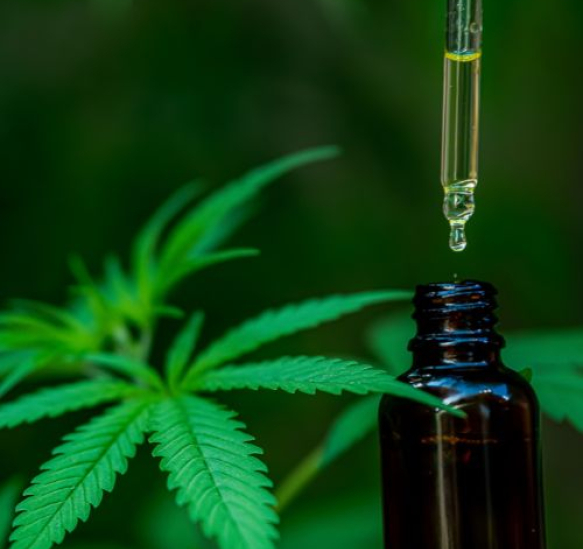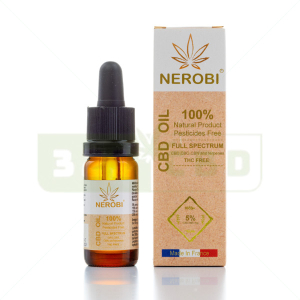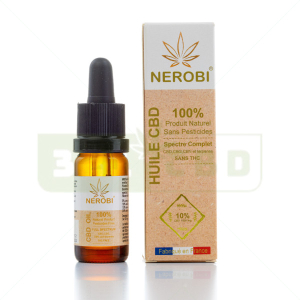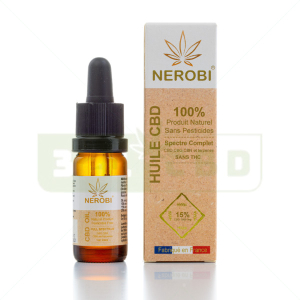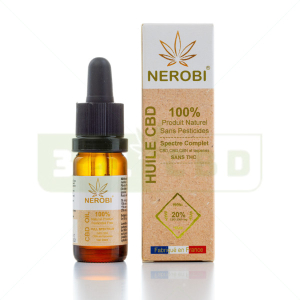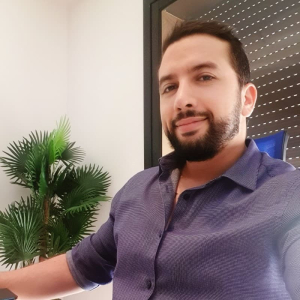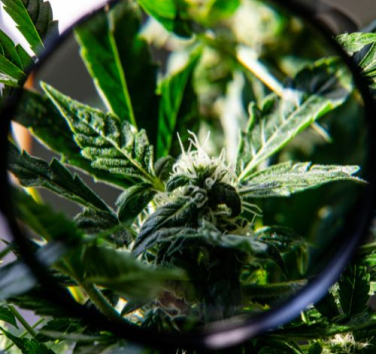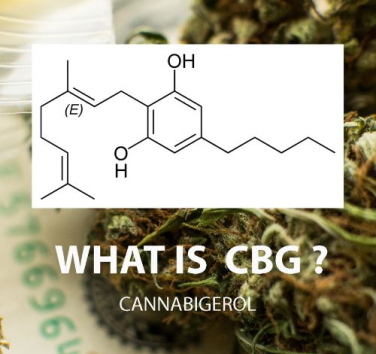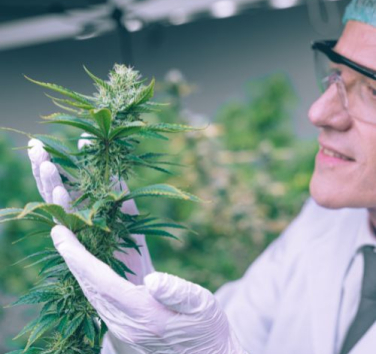Why do we always say that CBD is “THC-free”?
THC, or tetrahydrocannabinol, is the main psychoactive component of cannabis. In short, it is the substance that makes recreational cannabis addictive, dangerous for your health and, by construction, banned in the four corners of the planet.
The problem with THC is twofold:
- Like nicotine, it is a highly addictive substance which induces a strong psychological and physical dependence in the user who will feel a compulsive need to consume cannabis. This dependence will largely affect his daily life, but not only…
- THC affects cognitive abilities, starting with memory and concentration. It is a substance that increases the risk of developing mood disorders such as chronic stress, depression and even psychotic symptoms such as paranoia.
In France, in the European Union and in the overwhelming majority of countries which have legalized cannabidiol (CBD), only cannabis products which do not contain THC, or which contain it trace state (concentration less than 0.3%), can be freely marketed and consumed. These CBD products are not psychotropic, do not impair cognitive abilities and do not cause addiction.
|
The WHO position |
|
The World Health Organization (WHO) Expert Committee recommends, in a press release published in November 2017, that CBD “should not be classified internationally as a controlled substance”. And continues: “The WHO Expert Committee on Drug Dependence has concluded that in its pure state, CBD does not appear to have the potential for abuse or to be harmful to health”. |
Do broad-spectrum CBD products contain THC?
Short answer: no. When we talk about “broad spectrum”, we mean cannabis products that contain CBD, but also other non-psychotropic and non-addictive cannabinoids from the hemp plant such as CBN, CBC and CBG, as well as terpenes , flavonoids and other nutrients found naturally in Cannabis Indica and Cannabis L. Sativa strains. A broad-spectrum CBD product therefore does not contain THC… at least, not in theory.
In practice, a broad-spectrum CBD product may contain trace amounts of THC. If you buy from a reliable, legal supplier who has their products tested in independent laboratories (which is the case with 321CBD), you have nothing to fear. Your CBD flower, oil or edible will either be completely THC-free or will not exceed the legal cap of 0.3% THC.
The presence of trace amounts of THC is generally the main difference between a full-spectrum CBD product and a broad-spectrum CBD product.

